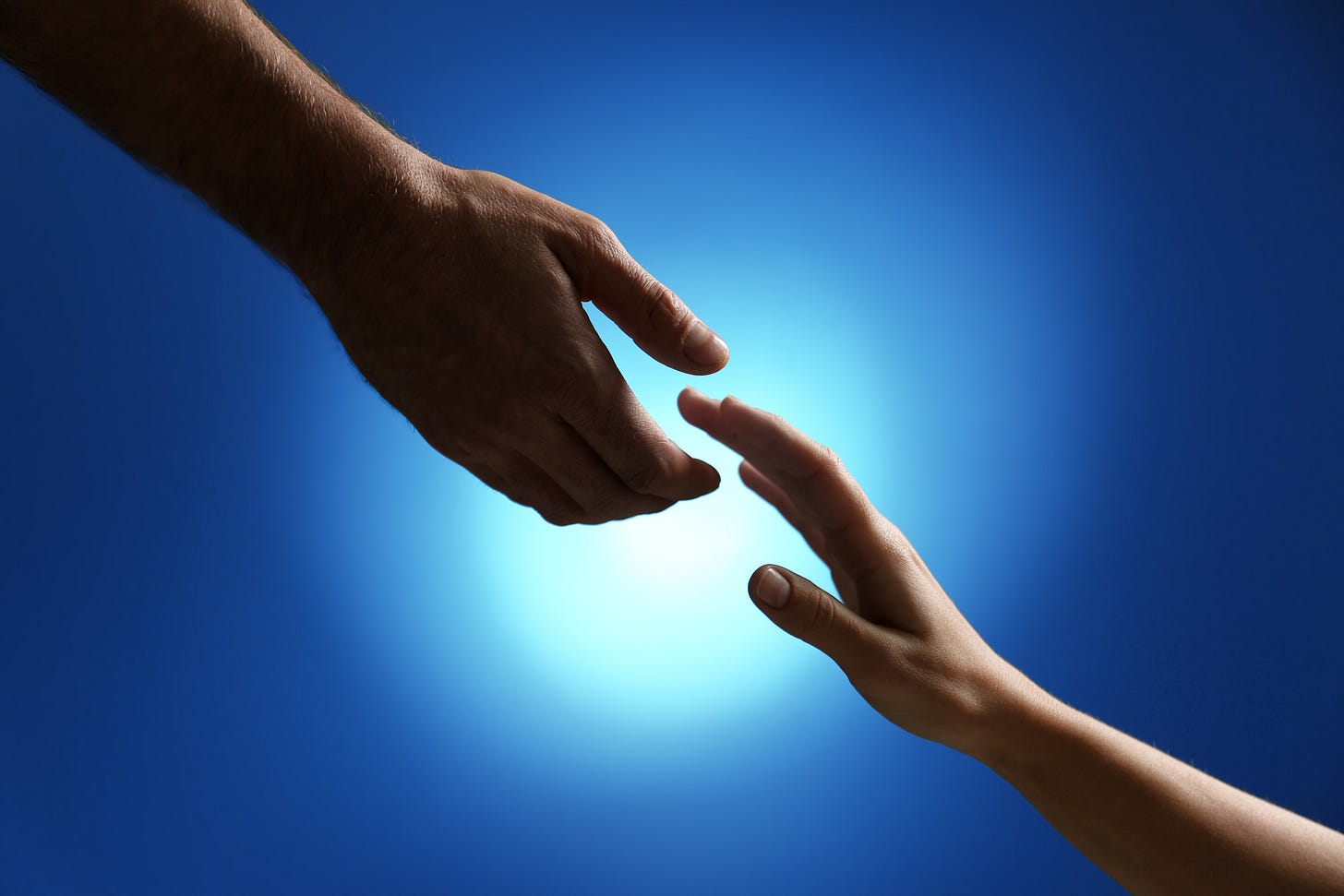Three days ago I posted two columns. Two genuinely truthful columns about what I have lived through and the resulting PTSD.
The good news is that I started eating again as soon as I posted them. And at least some sleep.
But what I posted was a commitment to truth. And my body has responded in kind, by telling me even more.
There is a reason we don’t want to remember, or can’t remember. It is a literal survival strategy. We don’t remember so we can use the remaining energy we have to live, not fight past demons.
But it is something like leaving a soldier behind in battle. We forget the part of ourselves gravely wounded in conflict. We forget they even existed. And ultimately, it is betrayal. To ourselves, and who we used to be.
Remembering is hell, because it is a confrontation with truth.
But if you are still here, still alive, a rescue mission can be mounted. And if your gravely wounded soldier is a child, you are literally saving a child.
That child is you. It could be no other.
I have watched The Gray Man on Netflix twice in two days. There is a scene where the protagonist is being drowned by his father in a bathtub as a child.
I have no memory of seeing this scene the first time I watched it. None. I mean absolutely none. It took me watching a second time to actually see it.
Because among the many tortures inflicted upon me, I was also drowned in a bathtub.
The price of remembering comes from your body. You have to acknowledge the reality of what happened, and that will likely cause physical and emotional reactions that range from uncomfortable to extreme and possibly unmanageable, at least for a time.
For several years now, I have referred to waking up from dissociation and denial with one particular metaphor: it’s like warming up after frostbite. It is truly painful, but it’s literally your nerves coming back online. If you don’t go through the pain, you don’t regain the ability to feel.
I want the ability to feel, not just survive. And I will not survive “just surviving.” So I will pay the price of remembering.
I feel great fear now. Because my public position has been that I don’t talk about family. But if I’m not willing to talk about family, I can’t talk about generational trauma—and that is in opposition to my ethics. I call this column Tell the Truth for a reason.
Most specifically, if you aren’t willing to talk about the reality of atrocity and it’s causes, you in some sense validate it and give space for it to be repeated. And I can’t do that.
I was never made aware of my grandmothers’ positions in the world beyond being wives and mothers, and in that I mean no disrespect at all. Mothers give life to the world.
But this does mean I only have the basic stories of my grandfathers. They both grew up during the Great Depression. One served as a doctor stateside for the US Army during WWII, the other was persecuted under McCarthyism.
In the context of the Great Depression, WWII, and McCarthyism, there is a lot of truth that “feelings don’t matter.” Or more colloquially, “f**k your feelings.”
But the consequences of that view always are passed on, unless actively worked against.


